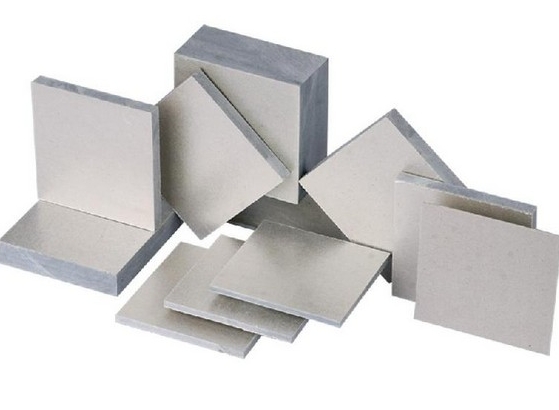- 11
- Feb
Functional characteristics of epoxy resin fixture
Functional characteristics of epoxy resin resin
1. Various forms: various resins, curing agents, and modifier systems can almost adapt to the requirements of various applications on the form, and the range can be from very low viscosity to high melting point solids.
2. Ngwọta dị mma: Họrọ ụdị ọgwụgwọ dị iche iche, yana usoro resin epoxy nwere ike gwọọ ya na oke okpomọkụ nke 0~180 ℃.
3. Strong adhesion: The inherent polar hydroxyl and ether bonds in the molecular chain of epoxy resin make it highly adhesive to various substances. The shrinkage of epoxy resin is low when curing, and the internal stress generated is small, which also helps to improve the adhesion strength.

4. Low shrinkage: The reaction of epoxy resin and curing agent is carried out by direct addition reaction or ring-opening polymerization reaction of epoxy group in resin molecule, and no water or other volatile by-products are released. Compared with unsaturated polyester resins and phenolic resins, they show very low shrinkage during curing.
5. Mechanical Njirimara: The gwọrọ epoxy resin usoro nwere magburu onwe n’ibu Njirimara.
6. Eletriki Njirimara: The epoxy resin usoro gwọrọ bụ ihe magburu onwe ikpuchi ihe na elu dielectric Njirimara, elu ntapu iguzogide, na arc iguzogide.
7. Chemical stability: Generally, the cured epoxy resin system has excellent alkali resistance, acid resistance and solvent resistance. Like other properties of the cured epoxy system, the chemical stability also depends on the selected resin and curing agent. Appropriate selection of epoxy resin and curing agent can make it have special chemical stability.
